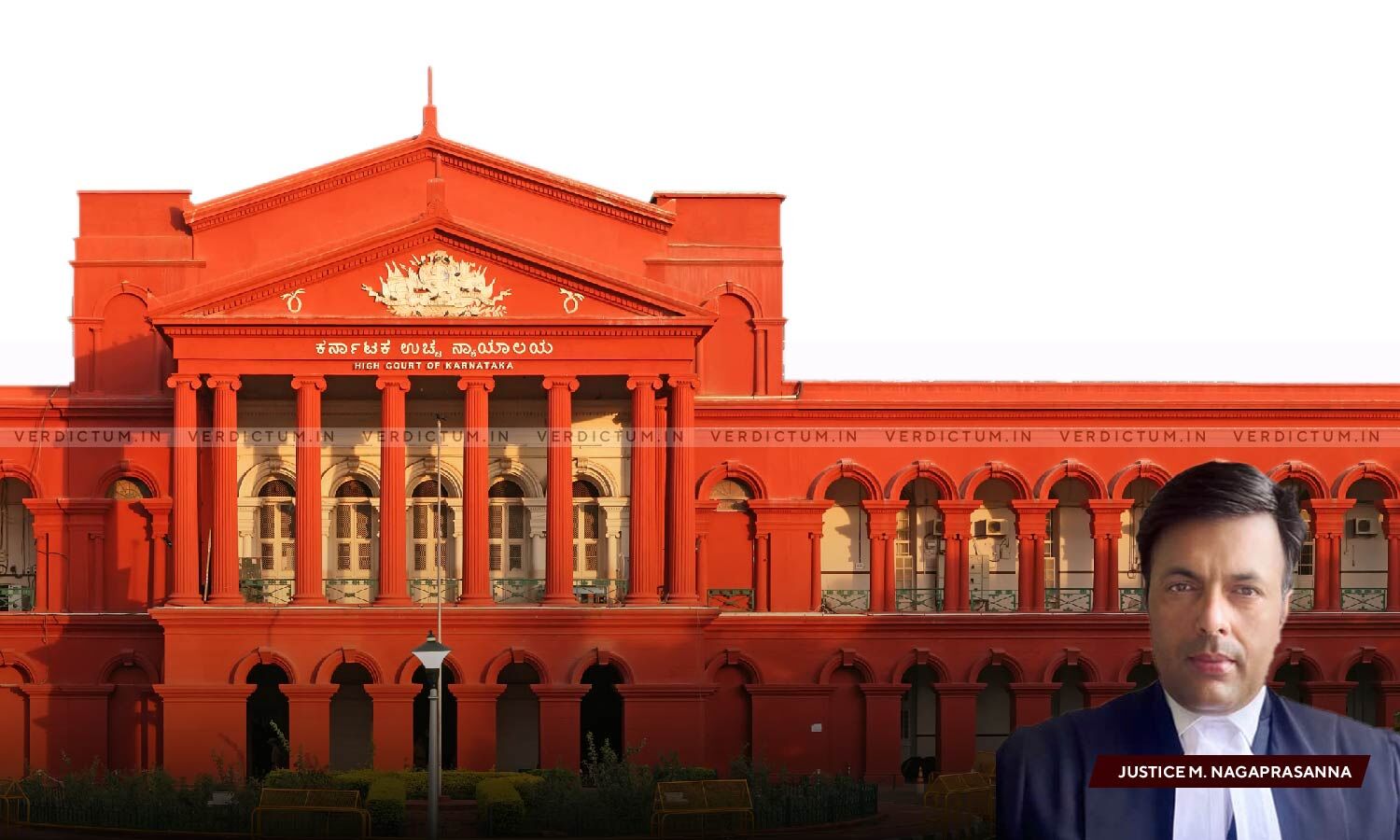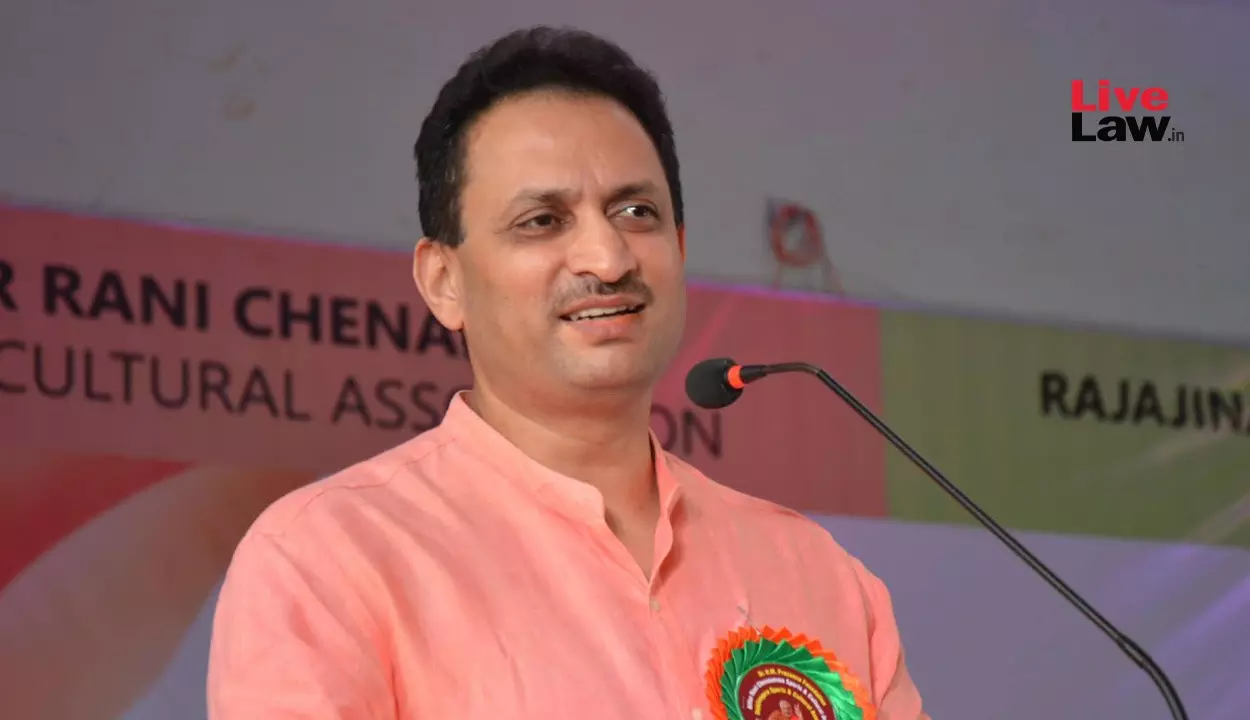Order Of Taking Cognizance Should Not Result In Court Undertaking A Roving Enquiry: Karnataka High Court

The Karnataka High Court observed that the Order of taking of cognizance should not result in the concerned Court undertaking a roving enquiry.
The Court observed thus in a Criminal Petition seeking interference of the Court in exercise of its jurisdiction under Section 482 of the Criminal Procedure Code, 1973 (CrPC).
A Single Bench of Justice M. Nagaprasanna emphasized, “The order of taking of cognizance should undoubtedly bear application of mind, but should not result in the concerned Court undertaking a roving enquiry at the stage of taking of cognizance. If the contention of the learned Senior Counsel Sri.C.V.Nagesh is accepted, it would be virtually directing the concerned Court to conduct a roving enquiry, of the merit of the charges, so laid against the accused. The order nowhere suffers from non-application of mind.”
Senior Advocate C.V. Nagesh appeared for the Petitioners while Senior Advocate Sandesh J. Chouta appeared for the Respondents.
Facts of the Case
The Respondent was the Complainant and the Petitioners were accused nos. 1, 3 to 8. A Complaint was registered against the Petitioners-accused by the Respondent in 2023, alleging that the accused have all connived, forged the signatures of the Complainant and got several Sale Deeds registered. In 2014, a Joint Development Agreement (JDA) was executed between the Respondent with a company. The said company developed a layout after obtaining all necessary permissions from Anekal Development Authority. As per the Complainant, he along with other owners of properties subsequently entered into a partition for the remaining sites after the disposal, which fell to the individual shares under the Partition Deed in 2021.
13 properties were the subject matter of the Complaint. It was alleged that the said properties were sold by the Special Power of Attorney Holder without consent, knowledge, authorization, and by forging the signatures of the owners and without even mentioning the mode of payment. Resultantly, the Complaint was registered for the offences punishable under Sections 417, 418, 420, 464, 465, and 34 of the Indian Penal Code, 1860 (IPC). The High Court in 2023 had dismissed the Petition holding that the investigation in the least on the score of the offences being prima facie met. However, the Petitioner again knocked at the doors of the Court, questioning the Order of the concerned Court which took cognizance of the alleged offences. The Petition was partly allowed and the Petitioners were again before the High Court.
Reasoning
The High Court after hearing the contentions of the counsel, remarked, “The petitioners are again at the doors of the Court singing the same Swan song that formed the fulcrum of the earlier lis that the order of the learned Magistrate suffers from want of application of mind.”
The only issue that arose before the Court was as to whether the Order of cognizance suffers from want of application of mind.
“The Apex Court holds the following judgments of STATE OF GUJARAT vs. AFROZ MOHAMMED HASANFATTA, 2019 SCC OnLine SC 132 supra that on a police report, if the order of cognizance bears application of mind, that would suffice”, it further noted.
The Court added that if the Order of taking of cognizance is considered on the bedrock of the principles elucidated by the Apex Court, unmistakable inference is that the Order impugned does not suffer from the vice of non-application of mind, but has application of mind in its abundance, to the stage before it.
Accordingly, the High Court rejected the Petition.
Cause Title- Arjun Anjaneya Reddy & Ors. v. State of Karnataka & Anr. (Case Number: CRIMINAL PETITION No.5790 OF 2025)
Appearance:
Petitioners: Senior Advocate C.V. Nagesh and Advocate Varun S.
Respondents: Senior Advocate Sandesh J. Chouta, Addl. SPP B.N. Jagadeesha, and Advocate Akash R. Rao.





